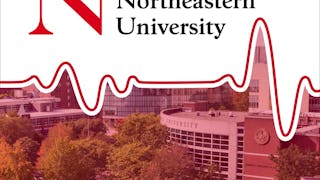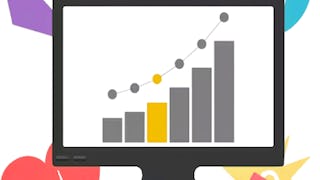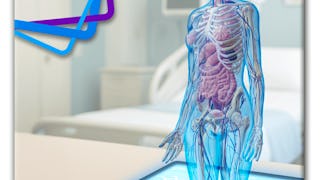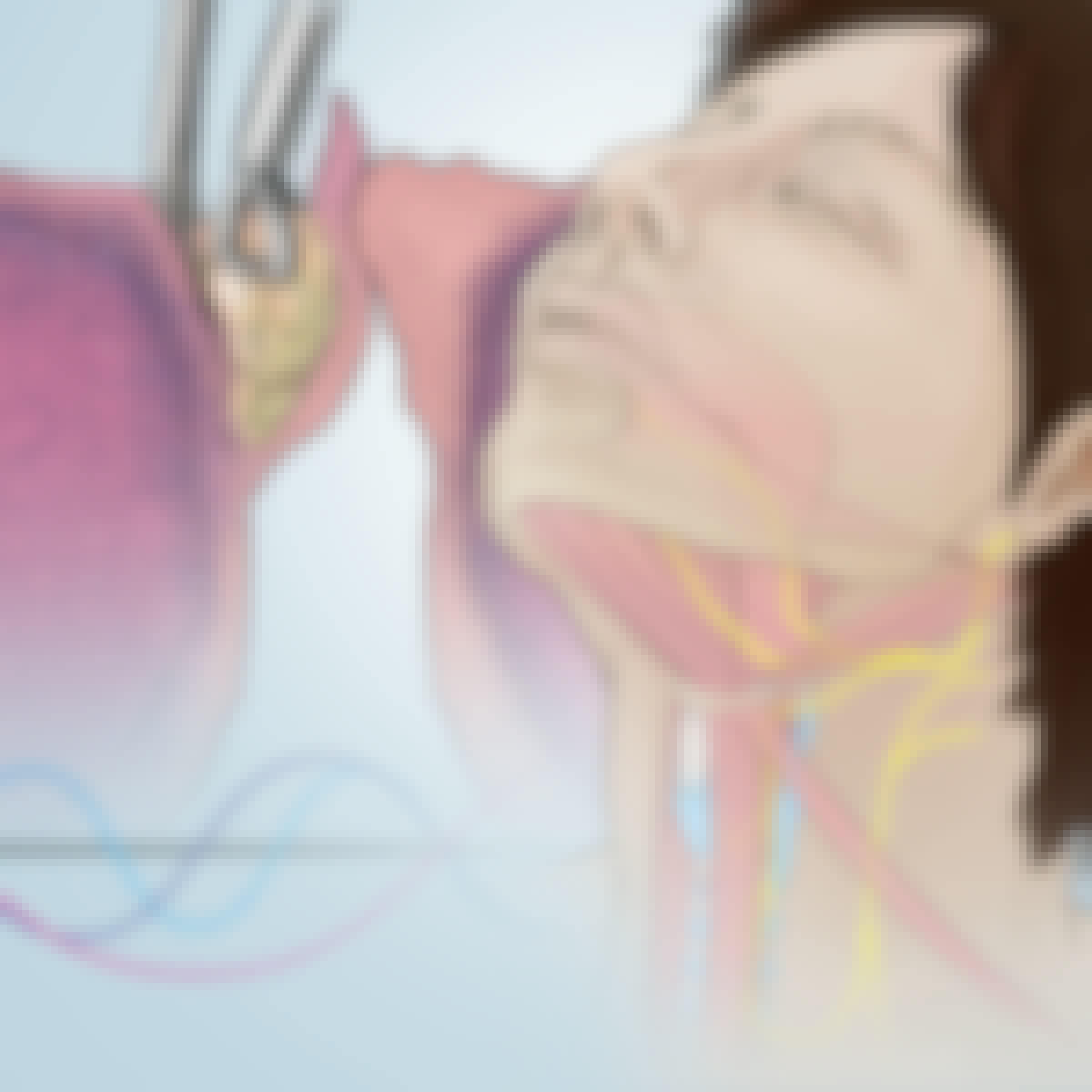Filter by
SubjectRequired
LanguageRequired
The language used throughout the course, in both instruction and assessments.
Learning ProductRequired
LevelRequired
DurationRequired
SkillsRequired
SubtitlesRequired
EducatorRequired
Explore the Cardiovascular Course Catalog
 Status: Preview
Status: PreviewUniversitat de Barcelona
Skills you'll gain: Acute Care, Primary Care, Emergency Departments, Emergency and Intensive Care, Emergency Medical Services, Neurology, Medical Emergency, Health Assessment, Triage, Patient Evaluation, Care Coordination, First Aid, Rehabilitation
 Status: Preview
Status: PreviewNortheastern University
Skills you'll gain: Data Storytelling, Exploratory Data Analysis, Data Visualization, Data Visualization Software, Data Presentation, Interactive Data Visualization, Infographics, Tableau Software, Dashboard, Data Analysis, Data-Driven Decision-Making, Data Ethics, Trend Analysis, Business Analytics, Peer Review

Skills you'll gain: Data Mining, Medical Imaging, Image Analysis, Unstructured Data, Science and Research, Health Informatics, Big Data, Health Care, Data Ethics, Natural Language Processing, Health Information Management, Medical Terminology, Predictive Analytics, Innovation
 Status: Preview
Status: PreviewUniversity of Copenhagen
Skills you'll gain: Public Health and Disease Prevention, Psychosocial Assessments, Public Health, Healthcare Ethics, Community Mental Health Services, Mental Health, Health Care, Health Policy, Chronic Diseases, Emergency Response
 Status: Free Trial
Status: Free TrialUniversity of Colorado System
Skills you'll gain: Data Manipulation, Bioinformatics, Data Processing, Data Science, Health Informatics, Clinical Data Management, Clinical Research, Big Data, Analytics, Machine Learning Algorithms, Statistical Methods, Medical Records
 Status: NewStatus: Free Trial
Status: NewStatus: Free TrialSkills you'll gain: Anatomy, Medical Terminology, Biology, Vital Signs, Blood Pressure, Respiration, Health Assessment
 Status: Free Trial
Status: Free TrialRice University
Skills you'll gain: Maternal Health, Obstetrics And Gynecology, Urology, Anatomy, Gynecology, Pathology, Patient Evaluation, Biology, Medical Terminology
 Status: Free Trial
Status: Free TrialRice University
Skills you'll gain: Medical History Documentation, Medical Terminology, Medical Records, Health Information Management and Medical Records, Obstetrics And Gynecology, Neurology, Gynecology, Urology, Anatomy, Psychiatry, Mental Health Diseases and Disorders
 Status: Free Trial
Status: Free TrialSkills you'll gain: Medical Terminology, Neurology, General Medical Tests and Procedures, Pathology, Medical Records, Health Information Management and Medical Records, Anatomy, Biology
 Status: Free Trial
Status: Free TrialIcahn School of Medicine at Mount Sinai
Skills you'll gain: Speech Therapy, Speech Language Pathology, Patient Evaluation, Physical Therapy, Respiration, Surgery, Anatomy
 Status: Free Trial
Status: Free TrialUniversity of Colorado System
Skills you'll gain: Splinting, Trauma Care, Emergency Medicine, First Aid, Injury Prevention, Triage, Patient Evaluation, Emergency Response, Patient Treatment, Health Assessment, Vital Signs
- Status: Preview
Northwestern University
Skills you'll gain: Verbal Communication Skills, Healthcare Industry Knowledge, Health Care, Public Speaking, Mentorship, Leadership, Relationship Building, Personal Development
Cardiovascular learners also search
In summary, here are 10 of our most popular cardiovascular courses
- Atención prehospitalaria del ictus agudo y selección de pacientes para tratamiento endovascular con la escala RACE: Universitat de Barcelona
- Healthcare Information Design and Visualizations: Northeastern University
- Foundations of mining non-structured medical data: EIT Digital
- Chronically Ill in an Emergency: Why Mental Health Matters: University of Copenhagen
- Identifying Patient Populations: University of Colorado System
- Foundations of Human Anatomy and Physiology: Immersify
- Anatomy & Physiology: Filtration and Reproduction: Rice University
- Medical Terminology III: Rice University
- The Human Body's Communication Systems: MedCerts
- Voice Disorders: What Patients and Professionals Need to Know: Icahn School of Medicine at Mount Sinai











